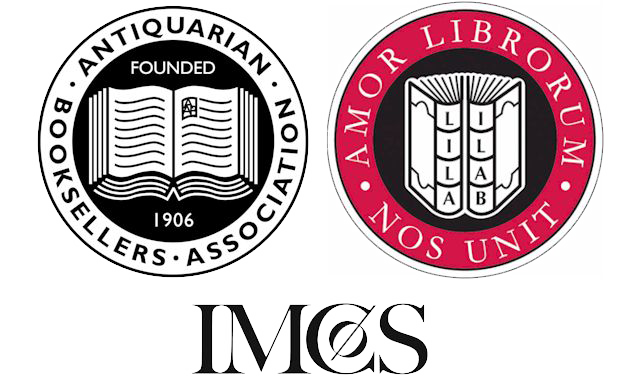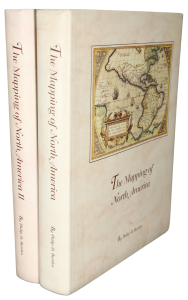Rare Maps and Prints
- World & Celestial
- North America
- West Indies, South & Central America
- British Isles
- British Isles
- English counties
- Large-scale
- Bedfordshire
- Berkshire
- Buckinghamshire
- Cambridgeshire
- Cheshire
- Cornwall
- Cumberland
- Derbyshire
- Devon
- Dorset
- Durham
- Essex
- Gloucestershire
- Hampshire
- Herefordshire
- Hertfordshire
- Huntingdonshire
- Islands
- Kent
- Lancashire
- Leicestershire
- Lincolnshire
- Middlesex
- Norfolk
- Northamptonshire
- Northumberland
- Nottinghamshire
- Oxfordshire
- Rutland
- Shropshire
- Somerset
- Staffordshire
- Suffolk
- Surrey
- Sussex
- Warwickshire
- Westmoreland
- Wiltshire
- Worcestershire
- Yorkshire
- Wales
- Scotland
- Ireland
- Western Europe
- Eastern Europe
- Middle East
- Africa
- Asia
- Australasia & Pacific
- Decorative Prints
- Title Pages
Mr. Philip D. Burden
P.O. Box 863,
Chalfont St. Giles, Bucks HP6 9HD,
UNITED KINGDOM
Tel: +44 (0) 1494 76 33 13
Email: enquiries@caburden.com
Joseph Johnson (1738-1809) was originally from Liverpool. He was a bookseller and publisher who specialised in medical works and was Joseph Priestley’s first publisher. This work was first issued in 1788 and only one example at Cambridge University Library is known to bear a series of maps. They are accepted to have been first published for the second edition of 1790. They are indeed not ‘called for’ until the third edition of 1795 when first mentioned on the title page. A fourth edition was issued in 1800 followed by this fifth edition. Carroll states that Johnson was the engraver of the maps but does not identify the evidence for this. The maps are simple with no scale or compass and are shown in basic outline. Features shown are rivers, market towns, boundaries and neighbouring counties. The Preface by John Aikin (1747-1822) states that ‘the principal object of this work is to make my young countrymen better acquainted than they are usually found to be with their native land’.
Aikin was born at Kibworth, Leicestershire, and following an apprenticeship with an apothecary in Uppingham then a surgeon. He studied medicine at Edinburgh and Leyden. He pursued his practice in Great Yarmouth and London before suffering a stroke. As a bit of a dissenter he settled in Manchester and took up writing and befriended Joseph Priestley and Thomas Pennant. He has the distinction of being named in Karl Marx’s ‘Das Kapital’; ‘What would the good Dr. Aikin say if he could rise from his grave and see the Manchester of today’. Provenance: ownership inscription of ‘Isabella Hunter’ on title page; private English collection. Carroll (1996) 48; Chubb (1927) 289; refer Shirley (2004) T.Aik 1a.
Aikin was born at Kibworth, Leicestershire, and following an apprenticeship with an apothecary in Uppingham then a surgeon. He studied medicine at Edinburgh and Leyden. He pursued his practice in Great Yarmouth and London before suffering a stroke. As a bit of a dissenter he settled in Manchester and took up writing and befriended Joseph Priestley and Thomas Pennant. He has the distinction of being named in Karl Marx’s ‘Das Kapital’; ‘What would the good Dr. Aikin say if he could rise from his grave and see the Manchester of today’. Provenance: ownership inscription of ‘Isabella Hunter’ on title page; private English collection. Carroll (1996) 48; Chubb (1927) 289; refer Shirley (2004) T.Aik 1a.
AIKIN, John
England Delineated; or, a Geographical Description of Every County in England and Wales: with a concise account of its most important products, natural and artificial
Printed for J. Johnson, St. Paul's Church-Yard, London, 1803
Octavo (195 x 120 mm.), full contemporary calf, rebacked with gilt ruled spine, gilt calf title label affixed. With typographic title page, pp. 396, (4), numbered to ‘x’ in roman, with 43 copper plate maps consisting of England (folding), 40 county, North Wales and South Wales, in good condition.
Stock number: 9920
SOLD








